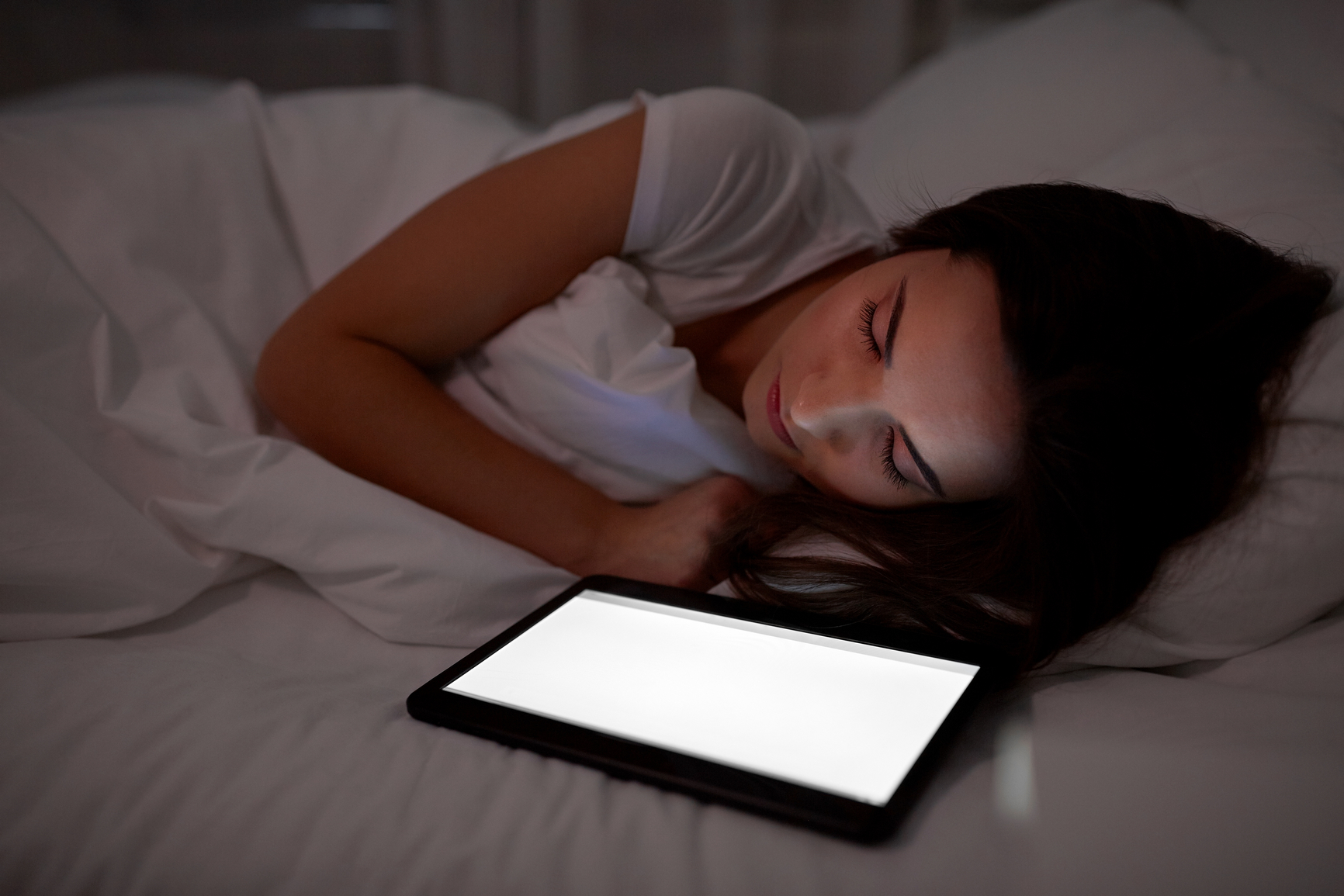
Teens and their sleep
Children are spending less time outside exercising than any generation before them and much of that time is being spent in front of computer screens, which impacts negatively on a child’s ability to sleep.
Scientific research shows that TVs and computers should be kept out of a child’s bedroom, as the blue light from these electronic devices is known to disturb our ability to get to sleep.
We know from an ever increasing body of research that good sleep helps with memory, learning, stress and anxiety, growth and our general health. To help our children reach their best potential and for them to lead healthy and happy lives, the best thing we can do for them is to improve their sleep.
As children get older their sleep needs decrease, but even a 16 year old should be getting on average 9 to 10 hours sleep every night….how many in fact do?
Becoming a night owl
Being a teenager and getting enough sleep is difficult enough with the pressures of homework, social lives and computer time but teenagers have the added burden of biological changes that take place in puberty keeping them from being able to fall asleep as early as when they were younger. A recent study measured the presence of the sleep-promoting hormone melatonin in teenagers’ saliva at different times of the day.
Melatonin levels comparison
Researchers have found that teenagers naturally fall asleep and wake later in the day. They learned that the melatonin levels rise later at night in teenagers than they do in children and adults and remain at a higher level later in the morning. So getting off to sleep at bedtime and getting up in time the morning for school goes against their natural sleep patterns.
So how can we work with those developmental changes rather than against them?
Be sensitive
You might find it frustrating that your 13 year old turns the alarm clock off in the morning to try and glean an extra half an hour sleep leaving them seconds to get ready before they rush out the door, but remember that most teens’ natural sleep cycle puts them in conflict with school start times.
So how can you help your teen without experiencing conflict?
Some simple suggestions:
Make their room a sleep heaven. Keep it cool, quiet and dark. If you need to get eyeshades or blackout curtains. Let in bright light in the morning to signal to the body to wake up and suppress the sleep hormone, melatonin.
No pills, vitamins or drinks can replace good sleep. Consuming caffeine can disrupt sleep, so avoid coffee, tea, fizzy drinks and chocolate late in the day so you can get to sleep at night. Nicotine and alcohol will also interfere with sleep.
Establish a bed and wake-time and stick to it in the week. At weekends don’t sleep on longer than 2 to 3 hours later than your usual weekday wakeup time.
A consistent sleep schedule will help you feel less tired since it allows your body to keep in sync with its natural patterns. You will find that it’s easier to fall asleep at bedtime when you have a regular sleep/wake pattern.
Help children understand why they need more sleep. Research has shown the more they understand about sleep, the more sleep they will have. It’s vital that they understand sleep is not a waste of their time, it’s as important as breathing and eating!
And as an added bonus – sleep WILL improve their appearance!!
For further information from the Millpond Sleep Clinic, or a one-on-one consultation with Mandy Gurney, please visit www.millpondsleepclinic.com or call them on 020 8444 0040.